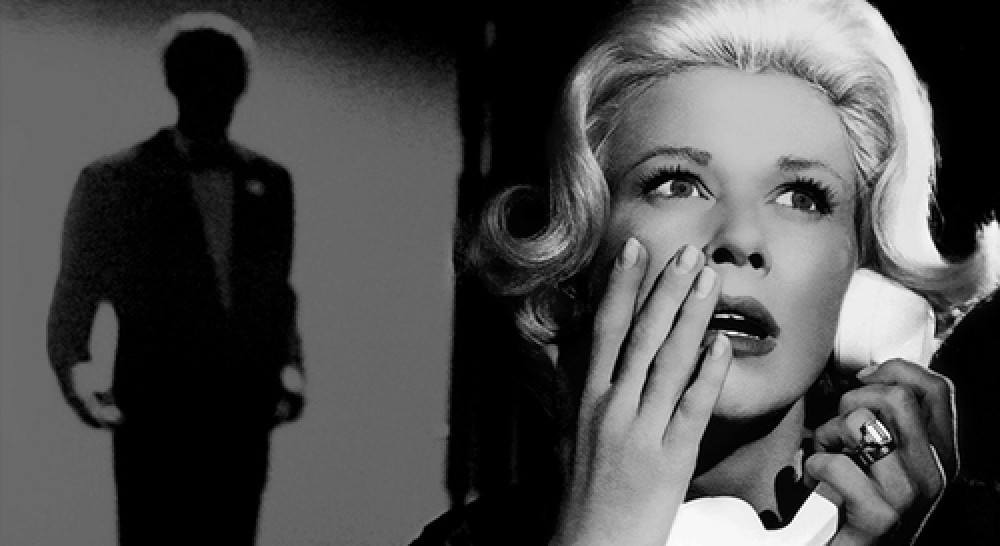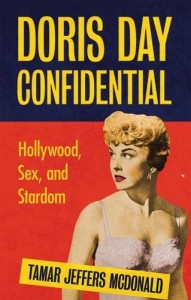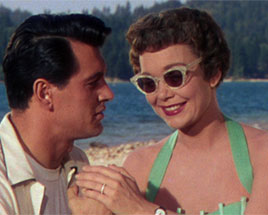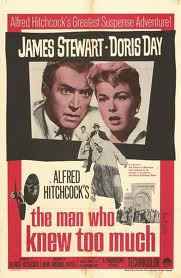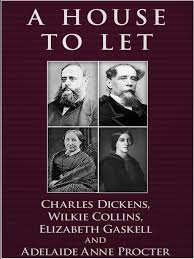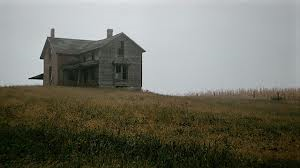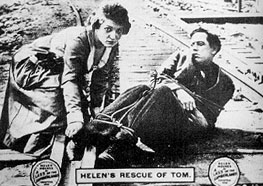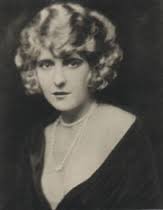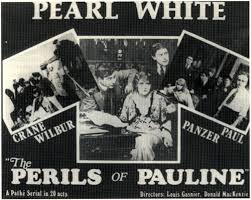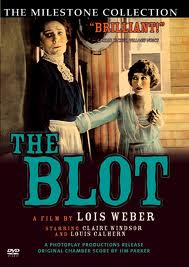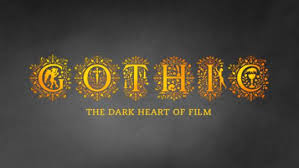Posted by Sarah
I thought it might be useful over the Summer Break to delve into two areas relating to melodrama which we have yet to deal with in detail. Radio is a medium that we have not really discussed, and likewise the soap opera (with its melodramatic storylines, suffering characters and implausible coincidences) has been a little neglected.
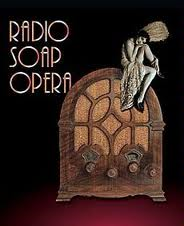
Television soap operas are popular in the UK, with soaps like Eastenders and Coronation Street continuing to top the ratings and to have a large presence in celebrity magazines. Soap operas also have an impressive history which spans several decades and a few different media. For example, Radio 4’s The Archers (an everyday story of country folk) has been going since 1950. Indeed, the very first soap operas were created for radio. This was during American radio’s ‘golden age’ which roughly coincides with Hollywood’s Studio System – the 1920s to the 1950s.
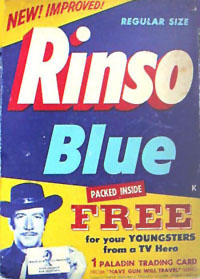 The term ‘soap opera’ itself comes from the advertisers who sponsored the radio programmes – such as Proctor and Gamble and Lever Brothers (Rinso – see picture on left). They were designed for female audiences, and often written by female writers. In particular they were meant to appeal to housewives. The programmes were often 15 minutes long and could either be listened to whilst undertaking chores or when enjoying a short break from the housework. They were generally broadcast 5 days a week, had on-going storylines, constant cliff-hangers and revolved around women. The main female characters often suffered and had a special talent for self-sacrifice.
The term ‘soap opera’ itself comes from the advertisers who sponsored the radio programmes – such as Proctor and Gamble and Lever Brothers (Rinso – see picture on left). They were designed for female audiences, and often written by female writers. In particular they were meant to appeal to housewives. The programmes were often 15 minutes long and could either be listened to whilst undertaking chores or when enjoying a short break from the housework. They were generally broadcast 5 days a week, had on-going storylines, constant cliff-hangers and revolved around women. The main female characters often suffered and had a special talent for self-sacrifice.
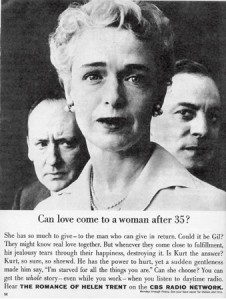
Much ‘old time radio’ was never recorded at the time, but transmitted live, and consequently not all that many copies exist. There are some episodes of well-known radio soap operas from the 1930s, 1940s and 1950s on archive.org. These include wonderfully-titled programmes such as The Romance of Helen Trent (1933-1960 – see picture on right), Big Sister (1936-1952), The Guiding Light (1937-1956), which inspired The Right to Happiness (1939 -1960), Hilltop House (1937-1941,1948-1955 and 1956-1957), Joyce Jordan M.D. (1938-1948, 1951-1952, 1955) and its offshoot The Brighter Day (1948-1956), The Career of Alice Blair (1939-1940) and Against the Storm (1939-1942, 1949 and 1951-1952). (Information for the above has been taken from John Dunning’s incredibly useful On the Air: The Encyclopaedia of Old Time Radio, Oxford University Press, USA, 1998.)
I would especially recommend Big Sister (http://archive.org/details/BigSister), Joyce Jordan MD (http://archive.org/details/JoyceJordonM.d), Hilltop House (http://archive.org/details/HilltopHouse_214) and The Romance of Helen Trent (http://archive.org/details/RomanceOfHelenTrent). Several consecutive episodes are available for each of these which gives a better view of the soap opera’s serial nature. In addition, since the first 28 episodes of Big Sister are on the archive it is possible to trace it from its beginnings. I have also uploaded the first 28 and later 4 consecutive episodes of Big Sister, the 2 sets of 5 episodes of Hilltop House, the 4 Joyce Jordan and 3 Helen Trent mp3s to our additional blog so you can put them straight onto ipods and suchlike, should you wish: http://melodramaresearchgroupextra.wordpress.com/2013/06/27/radio-soap-operas/
UPDATE: I’ve listened to some of the mp3s which I downloaded (these are brilliantly melodramatic!) and it seems, as ever with OTR, there is some mislabelling! The 3 parts of Helen Trent are probably in the right order, but I suspect there are episodes missing. Joyce Jordan’s episodes of the 25th and 26th have been switched (so do listen to the 26th first!), and those listed for the 27th and 28th are the same episode; which appears to be totally unrelated to the other two. The first 5 episodes of Hilltop House are consecutive though. I’ll update again if I notice any more…
As ever, log in to comment, or email me on sp458@kent.ac.uk to add your thoughts. And do get in touch if there is anything melodramatic you would like to post over the Summer Break…
 Melodrama Research Group founder Dr Tamar Jeffers McDonald (http://www.kent.ac.uk/arts/staff-profiles/profiles/film/t_jeffers-mcdonald.html) appeared on Radio Kent today to talk about her new book: Doris Day Confidential: Hollywood, Sex and Stardom.To listen to the programme, or indeed to re-listen, go to the BBC iplayer: http://www.bbc.co.uk/programmes/p01gcjxh
Melodrama Research Group founder Dr Tamar Jeffers McDonald (http://www.kent.ac.uk/arts/staff-profiles/profiles/film/t_jeffers-mcdonald.html) appeared on Radio Kent today to talk about her new book: Doris Day Confidential: Hollywood, Sex and Stardom.To listen to the programme, or indeed to re-listen, go to the BBC iplayer: http://www.bbc.co.uk/programmes/p01gcjxh